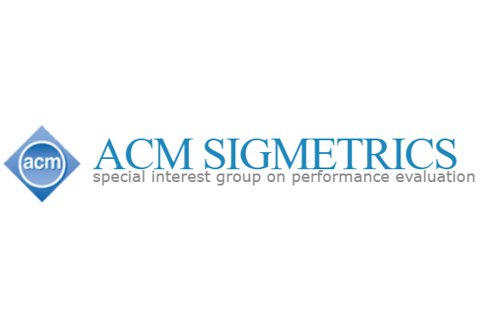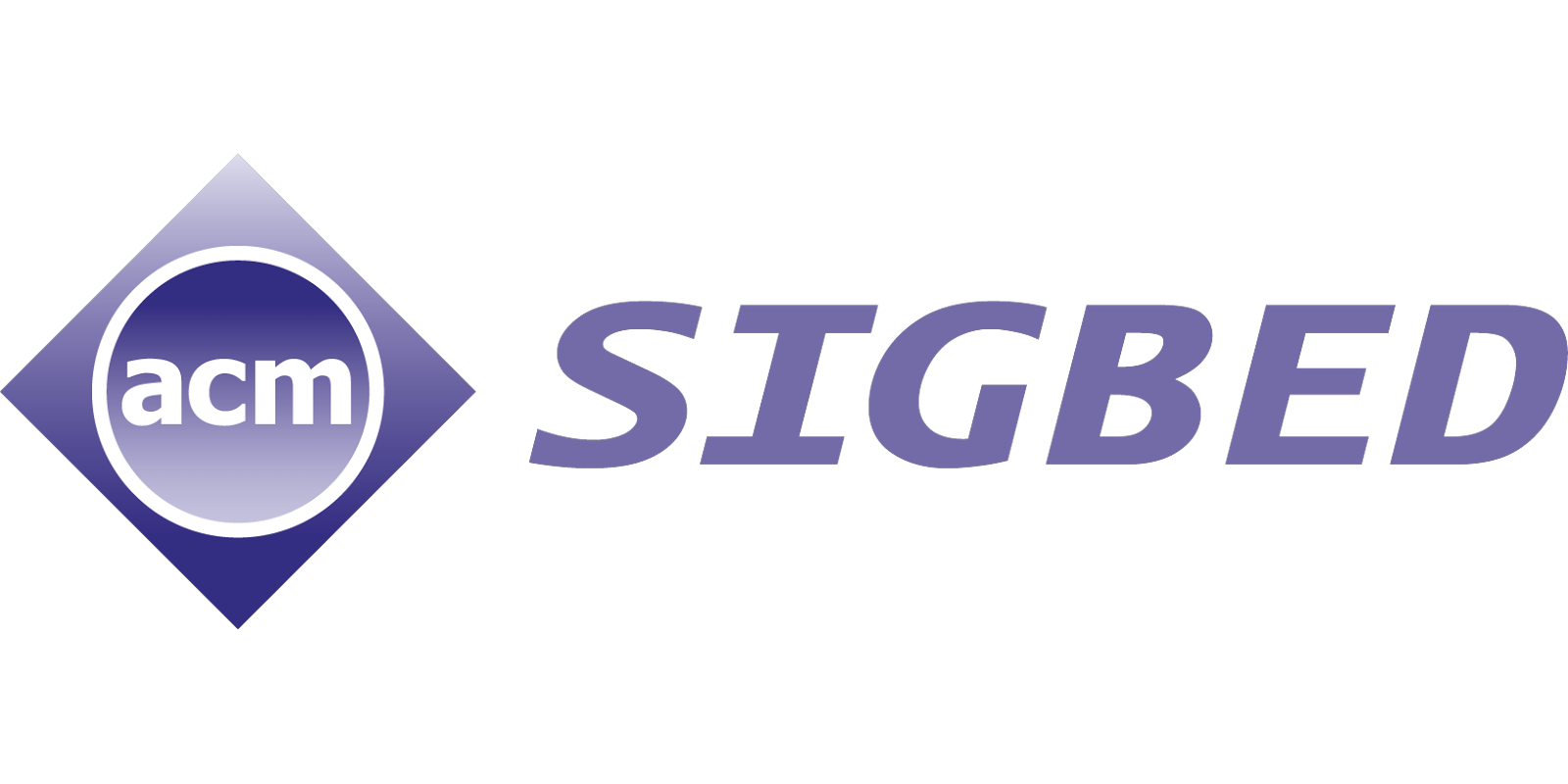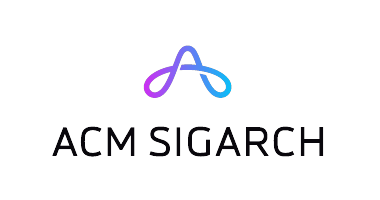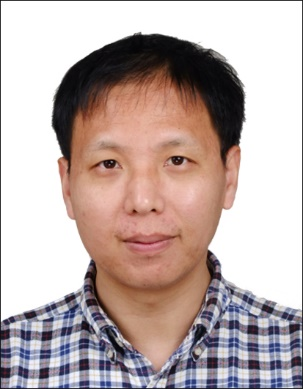SocialMeta 2024
The 3rd International Workshop on Social and Metaverse Computing, Sensing and Networking
(In conjunction with ACM SenSys'24)
Monday, November 4, 2024 / Hangzhou, China
While online social network services and applications have found unprecedented presence today (e.g., messaging, gaming, advertising, and recommendation), multiple novel and emerging technologies have already started to shape the next-generation online social networks, including the “metaverse”. On the one hand, Augmented/Virtual Reality (AR/VR), Internet of Things (IoT), and Multi-access Edge Computing (MEC) are bringing new mobile computing and communication paradigms for provisioning and accessing online social networks, social media, massive gaming, etc. On the other hand, Artificial Intelligence (AI) and Machine Learning (ML), characterized by recent breakthroughs of deep learning and large language model, are finding successful applications to online social networks, including detecting/preventing spam and fraud, and enhancing service experience via intelligent user interactions (e.g., recognition) with texts, images, and voices. Yet, how to exploit and synergize all such state-of-the-art technologies to revolutionize online social networks is still in its infancy and demands comprehensive investigation and research.
The goal of the 3rd International Workshop on Social and Metaverse Computing, Sensing and Networking (SocialMeta) is to bring together scientists, researchers, engineers, and practitioners to identify new problems and discuss the latest research ideas and results, especially those related to novel and emerging technologies, regarding online social networks and the metaverse. SocialMeta focuses on all aspects of online social networks and the metaverse, including architecture, design, sensing, implementation, measurement, modeling, algorithm, analysis, and theory. The topics include but are not limited to the following:
- Sensing in mobile and location-based online social networks and the AR/VR-based metaverse
- Reputation, incentives, and economics in online social networks and the metaverse
- AR/VR, IoT, wearables, and crowdsourcing for online social networks and the metaverse
- Cloud, edge, SDN, and NFV for online social networks and the metaverse
- Non-terrestrial networks, UAV, and 5G/6G for online social networks and the metaverse
- AI/ML, Data Science, Large Language Models, and Blockchains for online social networks and the metaverse
- Measurement and Sensing of online social network and metaverse systems and applications
- Modeling, algorithms, and theories for online social networks and the metaverse
- Anomaly sensing and detection in online social networks and the metaverse
- Ethical aspects and bias mitigation in Artificial Intelligence and the metaverse
- Future trends in sensing for social networks and the metaverse
Important Dates
Notification
Camera-ready paper deadline
Workshop
November 4, 2024
Authors are encouraged to submit papers describing original and unpublished research, not currently under review in other venues, addressing state-of-the-art research and development in all aspects of mobile computing, online social networks, or the intersection of both. In particular, innovative, early-stage ideas and preliminary results are welcome. Submissions must be at most 6 single-spaced 8.5”x 11” pages with 10-pt font size in two-column format, including figures and tables. As for references, submissions may include as many pages as needed. All submissions must use the LaTeX (preferred) or Word styles found here. LaTeX submissions should use the acmart.cls template (sigconf option), with the 10-pt font. The first page must contain an abstract, the name(s) and affiliation(s) of the author(s). Each submission will receive at least three independent, blind peer reviews from the program committee. At least one of the authors of every accepted paper must register and present the paper at the workshop.
Accepted submissions will be available on the ACM digital library and presented in person at the conference.


SPONSERS





Prof. Xiangjie Kong
Monday, November 4, 2024
Venue: The Dragon Hotel Hangzhou (Diamond Ballroom, Sub-Ballroom 1), 120 Shuguang Road, Xihu Area, Hangzhou, China
Data and Knowledge Driven Computational Urban Science
Prof. Xiangjie Kong (Zhejiang University of Technology)
9:40-9:55
Influential-nodes Identification in Hypergraphs Based on Degree-heterogeneous Hierarchical Spherical Algorithm
Daxi Liu (Hangzhou Normal University), Susu Zhang (Hangzhou Normal University), Chuang Liu (Hangzhou Normal University), Xin Pei (Taiyuan University of Technology), Xiu-Xiu Zhan (Hangzhou Normal University)
9:55-10:10
Historical Patterns, Evolution of Models, and Future Perspectives of Interdisciplinary Collaboration an Empirical Study Based on Global Scientific Literature Data from 1950 to 2020
Hui Zou (Shanghai University), Kunpeng XU (Fudan University) , Liwei Chen (Fudan University), Boen Liu (Duke Kunshan University), Jingjing Qu (Shanghai Artificial Intelligence Laboratory), Xiaoming Fu (Fudan University)
10:10-10:25
Revealing the Difficulty in Jailbreak Defense on Language Models for Metaverse
Zuting Kang (The Hong Kong University of Science and Technology (Guangzhou)), Yule Liu (The Hong Kong University of Science and Technology (Guangzhou)), Zhen Sun (The Hong Kong University of Science and Technology (Guangzhou)), Jingyi Zheng (The Hong Kong University of Science and Technology (Guangzhou))
10:40-10:55
A Novel Multi-view Hypergraph Adaptive Fusion Approach for Representation Learning
Zheng Yang (Shenyang University of Technology), Yang Yu (Shenyang University of Technology), Yue Zhang (Shenyang University of Technology), Shanshan Lin (Shenyang University of Technology)
10:55-11:10
EGGPU: Enabling Efficient Large-Scale Network Analysis with Consumer-Grade GPUs
Jiawei Tang (Fudan University), Min Gao (Fudan University), Yu Xiao (Aalto University), Cong Li (Fudan University), Yang Chen (Fudan University)
11:10-11:25
Fair Influence Maximization in Hypergraphs
Jinfeng Xie (Hangzhou Normal University), Su-Su Zhang (Hangzhou Normal University), Chuang Liu (Hangzhou Normal University), Xiu-Xiu Zhan (Hangzhou Normal University)
11:25-11:40
AdSpectorX: A Multimodal Expert Spector for Covert Advertising Detection on Chinese Social Media
Zongmin Zhang (The Hong Kong University of Science and Technology (Guangzhou)), Yujie Han (Institut Polytechnique de Paris), Zhou Zhang (Dalian University of Technology), Yule Liu (The Hong Kong University of Science and Technology (Guangzhou)), Jingyi Zheng (Hong Kong University of Science and Technology (Guangzhou)), Zhen Sun (The Hong Kong University of Science and Technology (Guangzhou))
11:40-11:55
SCI-MKGC: A MKGC Method Based on Spatial Context and Interaction Attention
Rui Wen (Dalian Univerisity of Technology), Zhe Zhan (Dalian Univerisity of Technology), RuoLin Li (Dalian Univerisity of Technology), Duo Yu (Dalian Univerisity of Technology), Anni Chen (University of Wollongong), JiaXi Chen (Dalian Univerisity of Technology), Shuo Yu (Dalian Univerisity of Technology), Qiang Zhang (Dalian Univerisity of Technology)
11:55-12:10
Confronting The Dark Side of the Metaverse: A Vision of Criminal Punishment for Safeguarding Metaverse Users
Chan-In Sio (The Hong Kong Polytechnic Unversity), Xian Wang (The Hong Kong Polytechnic University), Lik-Hang Lee (The Hong Kong Polytechnic University)
-
Please use the following link to register for SocialMeta'24: https://sensys.acm.org/2024/registration/
General Chairs:
- Yupeng Li (Hong Kong Baptist University, China)
- Lei Jiao (University of Oregon, USA)
TPC Chairs:
- Qingyuan Gong (Fudan University, China)
- Xinlei He (Hong Kong University of Science and Technology (Guangzhou), China)
TPC Members:
- Shenghui Cheng (WestLake University, China)
- Pengyuan Zhou (Aarhus University, Denmark)
- Zeyang Sha (CISPA, Germany)
- Lik-Hang Lee (The Hong Kong Polytechnic University, China)
- Jianxiong Guo (Beijing Normal University, China)
- Hong-Ning Dai (Hong Kong Baptist University, China)
- Xueyan Tang (National University of Singapore, Singapore)
- Shuai Xu (Nanjing University of Aeronautics and Astronautics, China)
- Xiang Su (Norwegian University of Science and Technology, Norway)
- Dimitrios Chatzopoulos (University College Dublin, Ireland)
- Xiu-Xiu Zhan (Hangzhou Normal University, China)
- Shuo Yu (Dalian Univerisity of Technology, China)
- Ruiqi Li (Beijing University of Chemical Technology, China)
- Zehua Guo (Beijing Institute of Technology, China)
- Philipp A. Rauschnabel (Universität der Bundeswehr München, Germany)
- Gerd Bruder (University of Central Florida, USA)
- Danda B. Rawat (Howard University, USA)
- Hao-Chiang Koong Lin (National University of Tainan, China)
- Yong Cih Yang (National Taiwan Normal University, China)
- Weiwei Gu (Beijing University of Chemical Technology, China)
- Kebing Liu (Fudan University, China)
- Yifeng Luo (Hong Kong Baptist University, Hong Kong)
Web Chair:
SocialMeta has a long-established history itself and is in fact a successor of the previous workshop series, HotPOST, which refers to “Hot Topics in Pervasive Mobile and Online Social Networking”. HotPOST has been held annually during 2009-2020, in conjunction with ACM MobiHoc and IEEE ICDCS during 2012-2017 and with IEEE INFOCOM during 2018-2020.
In 2022, we renamed HotPOST to SocialMeta, which incorporated the various topics about the social network and metaverse. SocialMeta has been held in conjunction with IEEE ICDCS during 2022 and 2023, and has also kept adjusting its focuses and themes as time goes in order to capture and reflect the state-of-the-art technology advances. It keeps attracting submissions from all over the world, including many renowned universities and institutes.
- SocialMeta'23, co-located with IEEE ICDCS'23
- SocialMeta'22, co-located with IEEE ICDCS'22
- HotPOST'20, co-located with IEEE INFOCOM'20
- HotSALSA'19, co-located with IEEE INFOCOM'19
- HotPOST'18, co-located with IEEE INFOCOM'18
- HotPOST'17, co-located with IEEE ICDCS'17
- HotPOST'16, co-located with ACM MobiHoc'16
- HotPOST'15, co-located with ACM MobiHoc'15
- HotPOST'14, co-located with IEEE ICDCS'14
- HotPOST'13, co-located with IEEE ICDCS'13
- HotPOST'12, co-located with IEEE ICDCS'12

